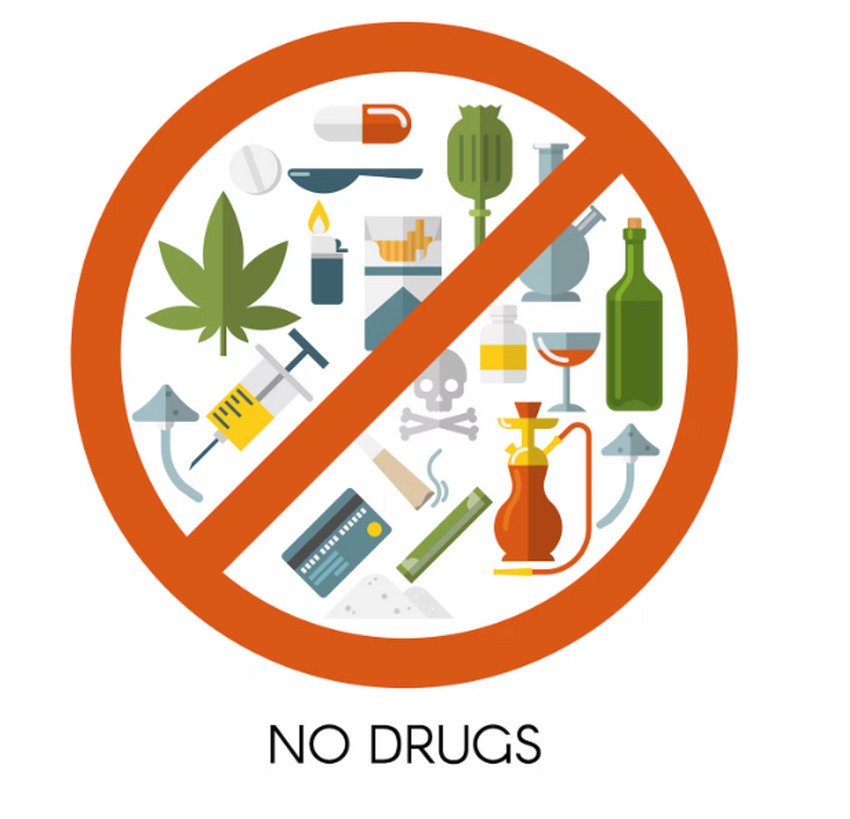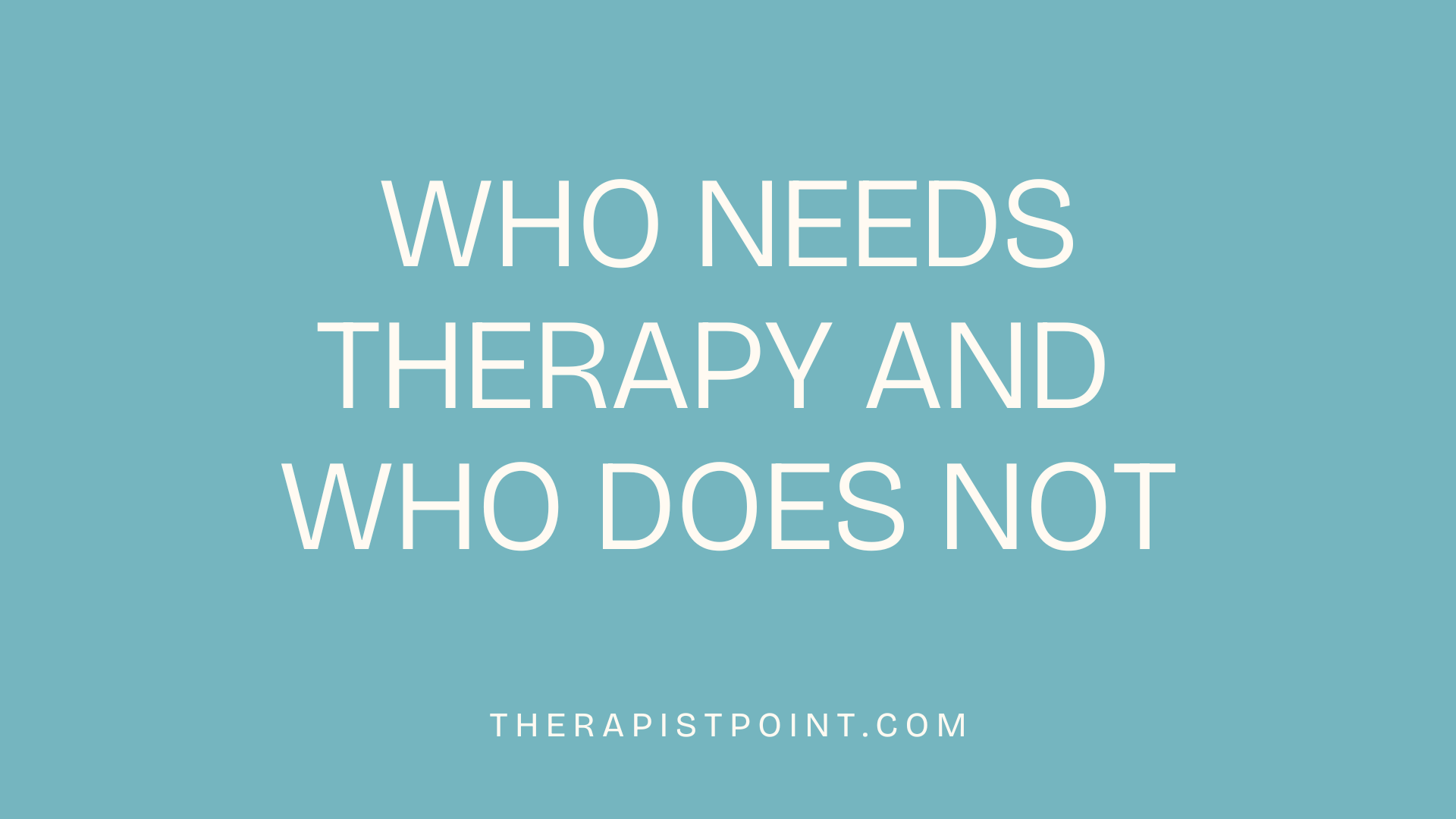
What Personality Type Thinks They Are Always Right?
Do you know someone who just can’t admit they’re wrong? Someone who refuses to take responsibility for errors, no matter the size? If you’re like me, you have at least one of these folks in your life. Maybe it is a friend, co-worker, or relative who seems incapable of uttering the words "I made a mistake." They may even double-down on an error and pick the most trivial, petty point to climb and die on. These personalities rarely pick their battles; when it comes to being right, they’ll argue about everything.
Of course, people who think they always right are sometimes wrong, like anyone else. It’s their relentless need to be seen as right that causes problems. Stubbornness is human nature, but the condition we’re talking about is more extreme than usual. When a person’s need to be right becomes part of their self-concept, trouble follows.
It's not just about facts, either. A person who believes they’re always right also views their actions as constantly correct.
Understanding what drives this behavior, how to navigate relationships with these individuals can be a big help for your mental health.
Narcissistic Personality Disorder (NPD)
I’m Right Because I’m Me and You’re Not
Not all people who have the need to be always 100 percent correct are diagnosable as having Narcissistic Personality Disorder (NPD). NPD is a formally recognized condition with several aspects. Needing to be right all the time, every time, is one of the most prominent and distressing parts of NPD. It’s fair to say that every person with NPD I saw as a counselor believed they were always right, about facts, their actions, their beliefs, and was unable to admit to being wrong.
It’s also accurate that most people who were incapable of admitting to error were not diagnosed with NPD.
People with NPD construct an identity around superiority and infallibility. Admitting error threatens the flawless self-image they've carefully made up. If forced to admit error, they experience "narcissistic injury."
For someone with NPD, being wrong doesn't just mean making a mistake; it means confronting the possibility that they're not the special, superior person they believe themselves to be.
This creates a mental crisis that their defense mechanisms won't allow. Instead, they'll engage in elaborate mental gymnastics: rewriting history, blaming others, moving goalposts, or outright denying reality.

The typical signs of
Inability to apologize genuinely
Lack of personal accountability
Turning their failures into someone else's fault
Becoming hostile or vengeful if contradicted
Gaslighting others who remember events differently
Requiring constant admiration
Requiring constant or near constant validation, compliments, praise
Viewing disagreement as personal attack
What makes NPD particularly difficult is that the person often lacks insight into their behavior. Their certainty feels justified to them because their entire mindset and self-concept depend on maintaining it.
The Difference Between Confidence and Pathological Certainty
It's essential to distinguish between healthy confidence and pathological need for correctness. Confident people believe in their abilities and judgment, but they remain open to evidence, feedback, and new facts.
They can say "I was wrong about that" without their sense of self being affected at all.
Pathological certainty, by contrast, is rigid and defensive. It's not born from genuine self-assurance but from deep insecurity that can't tolerate being exposed. Where confidence says "I believe I'm right, but I'm willing to listen," pathological certainty says, "I'm right, and any suggestion otherwise is an attack I must defeat."
Confident individuals welcome challenging conversations because they're secure enough to risk being wrong. They see mistakes as learning opportunities. Those with pathological certainty avoid genuine dialogue, preferring monologues where they can control the narrative. They see mistakes as existential threats.

The difference often becomes apparent in how people handle being proven wrong. Confident people may feel momentarily embarrassed but recover quickly, integrating new information. Those with pathological certainty escalate: they become angry, blame others, claim they were misunderstood, or insist the new evidence is flawed. The emotional reaction is out of proportion because what's at stake isn't just being right. For people who have to always be right, that ‘correctness’ is their whole identify.
The Psychological Roots of Needing to Be Right
Understanding why some people develop this pattern requires looking at developmental psychology and early attachment experiences. The pathological need to be right typically emerges from childhood environments where:
Conditional love and approval were tied to performance and perfection. Children who learned that mistakes meant withdrawal of parental affection often develop adult personalities that can't tolerate being wrong.
Shame-based parenting taught that errors reflected fundamental personal deficiency rather than normal learning experiences. Being wrong became associated with being worthless.
Traumatic experiences of humiliation or powerlessness created adult compensatory mechanisms. Being infallibly right becomes a way to ensure they're never vulnerable or humiliated again.
Role modeling from parents who never admitted mistakes taught that admitting error is weakness rather than integrity.

Is It Always Narcissism? Other Personality Types That Struggle With Being Wrong
While NPD is the most recognized personality pattern associated with needing to be right, several other personality types display similar behaviors, often for different underlying reasons.
- Obsessive-Compulsive Personality Disorder (OCPD) Unlike NPD's grandiosity, OCPD-driven certainty stems from anxiety about disorder and incorrectness. These folks believe there's one right way to do things. Failing to do something the ‘right’ way feels deeply wrong and dangerous to them.
- Authoritarian personalities need to be right because they structure their world around hierarchies and clear rules. Admitting error feels like destabilizing the social order they depend on for psychological security. They often appeal to authority, tradition, or "how things have always been done" to avoid acknowledging mistakes.
- High-conflict personalities, a broader category that overlaps with but isn't limited to personality disorders, are characterized by persistent patterns of blame, all-or-nothing thinking, unmanaged emotions, and extreme behaviors. For these people, being wrong gets tangled up with their tendency to see situations in black and white and their difficulty managing their emotional responses to perceived criticism.
- Paranoid traits can also spawn certainty. People with significant paranoid tendencies may resist admitting error because they fear it will be exploited as weakness or because they genuinely believe others are trying to deceive or manipulate them.

Strategies for Dealing with People Who Always Need to Be Right
Whether it's a boss, coworker, family member, or romantic partner, dealing with someone who can never be wrong requires specific strategies to protect your wellbeing while maintaining necessary relationships.
The Gray Rock Method is really effective with narcissistic people, whether they have full-blown NPD or not. This technique involves making yourself as boring and unreactive as possible, like a gray rock in a field. You provide no emotional engagement, keep responses brief and factual, and avoid sharing any personal information that could be used against you.
The goal is to become so uninteresting that the person loses interest in you.
Choose your battles. Not every incorrect statement requires correction. Ask yourself: Does this actually matter? Will correcting this improve anything or just trigger conflict? Sometimes letting someone "win" an inconsequential point preserves your energy for issues that truly matter.
Use the "agree and redirect" technique. Instead of direct contradiction, acknowledge their perspective and gently introduce alternatives: "I can see why you'd think that. Another angle might be..." This reduces defensiveness while still offering different viewpoints.
Don't JADE (Justify, Argue, Defend, Explain). People who need to be right will use your explanations as ammunition. State your position or boundary once clearly, then stop engaging with challenges. "I've made my decision" or "That doesn't work for me" without elaboration.






 this Winter.jpg)


